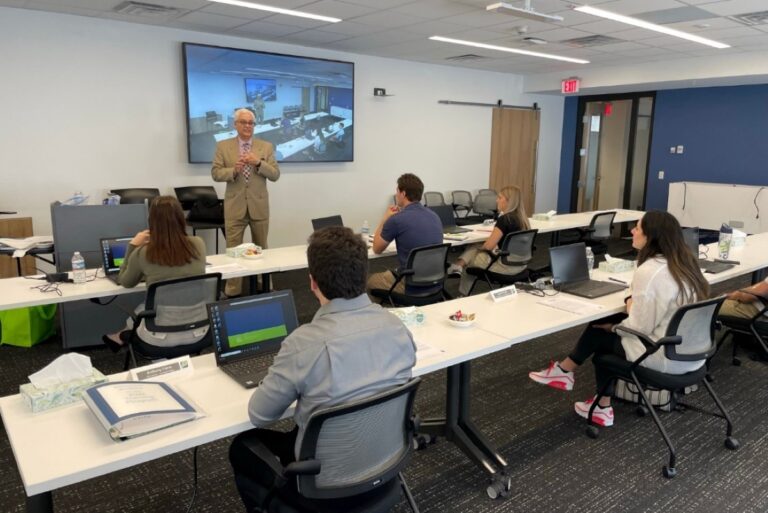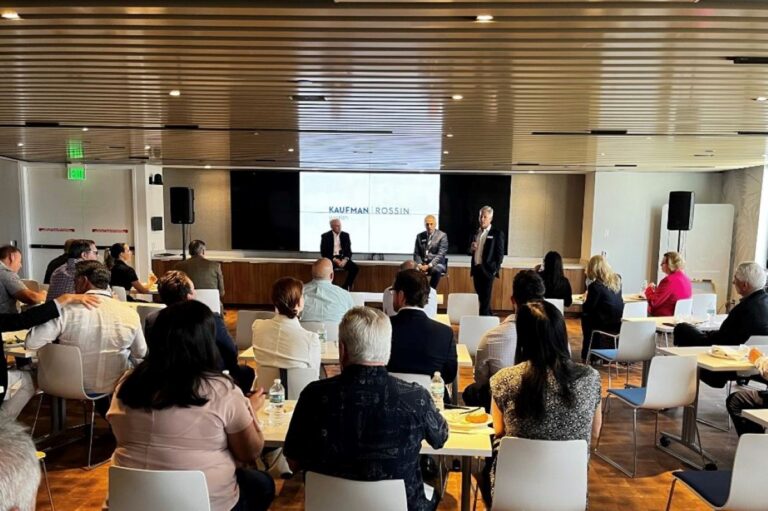What You Should Do to Avoid Running Out of Business
Why do so many small businesses fail? Originally appeared on Quora: the place to gain and share knowledge, empowering people to learn from others and better understand the world.
Cash Flow Is Crucial for a Small Business:
I used to be an owner of small business. Later on, I have worked as business consultant. I have seen many business grow. I, also, have seen many business collapse.
I can tell you that the first one year is very critical for a newly started business. If a business collapses, it does within months to a year. If a business survives more than a year, that would more likely sustain. The start phase is very critical for a small business.
The typical reason of failures is the shortage of cash. Many startup entrepreneurs have wrong assessment of required capital and make establishment budget. Establishment costs don’t only include machinery and inventory, but also the operating cost until the business really run. They calculate the expenses to start a business but forget to calculate the operational costs for some months.
A business cannot earn money from the first day. It may take months before money starts coming. Until then it costs money to keep the business alive. If an entrepreneur does not have to keep the business running, it may collapse.
The Best Advice I Have Ever Given:
I help foreign entrepreneurs who wants to do business in Denmark.
An entrepreneur located in London contacted me for help to start a restaurant business in Copenhagen. He had good experience in restaurant business.
He calculated the cost of overtaking rental places, machinery and inventory. He had the cash for that. But he did not include operational costs in his budget.
I made a business plan and an establishment budget for him. My budget showed that he needed more cash than that he originally calculated. I told him that he must need cash for maintaining all expenses for at least 6 months assuming that he would not have any income from business in first 6 months.
He did not think that he had needed months before he could come to break-even point.
He did not have so much cash. He wanted to open the restaurant right a way.
I advised him not to start the business unless he had adequate liquidity. I advised him to go to the bank with the plan and budget, I made and apply for an overdraft. If did not get that, he should not start the business at all.
I convinced him to ask for the overdraft. The bank was satisfied with the plan and strategy. He got help from the bank.
He started the restaurant as planned. He provided good food and service. But in first 3 / 4 months, he did not get many customers. Still he did not fire any employee. He maintained good service standard despite he did not have many customers.
His own cash was burnt up within weeks but he could keep going using bank credit.
From the fifth month his business started running. He never had to look back ever since. Now, his restaurant is well known in the city.
He realized that he would collapse within first 6 months if he had started the business without having sufficient liquidity, . He could not see the success that he enjoys, today.
I always put emphasis on liquidity and free cash flow. I always advise my clients to be prepared for bad times when things may go wrong.
Whenever I give business advices, I make it clear to my clients that there are always risks involved depending on depending on the branch of business. My business plans always include “contingency plans”
I Advise That What I Have Learned from Experience:
I worked at a medium sized retail company during financial of the crisis of 2008–2009 collapsed. They had a good business concept and growing well until the beginning of 2008. Like all other retails companies their sell dropped drastically. We were 60 employees. They fired half of its employees. Still it was not enough solution.
They tried to cut down operating cost to a minimum but still, they could not maintain the fixed cost. The company dried for liquidity. They tried for a bank loan without success.
The company was declared bankrupt. The director still regrets that he did not manage liquidity and cash flow well. If he put some cash separate for the bad time, the company could have survived. Instead, he used all his money for business expansion.
If a company does not manage its liquidity and cash flow efficiently and is not prepared for possible slowdown of revenue, the business can be in risks.
When I advise my clients, I always make them very aware of possible risks. I also suggest them how to be prepared for the risks. The company that considers only a good time may fail.
Many small business owners have hard time of understanding that an apparently healthy business which is both profitable and growing — can go bankrupt because of cash flow problem.
Contributed by Obaidul Karim Khan, Investment Strategist for EU market









